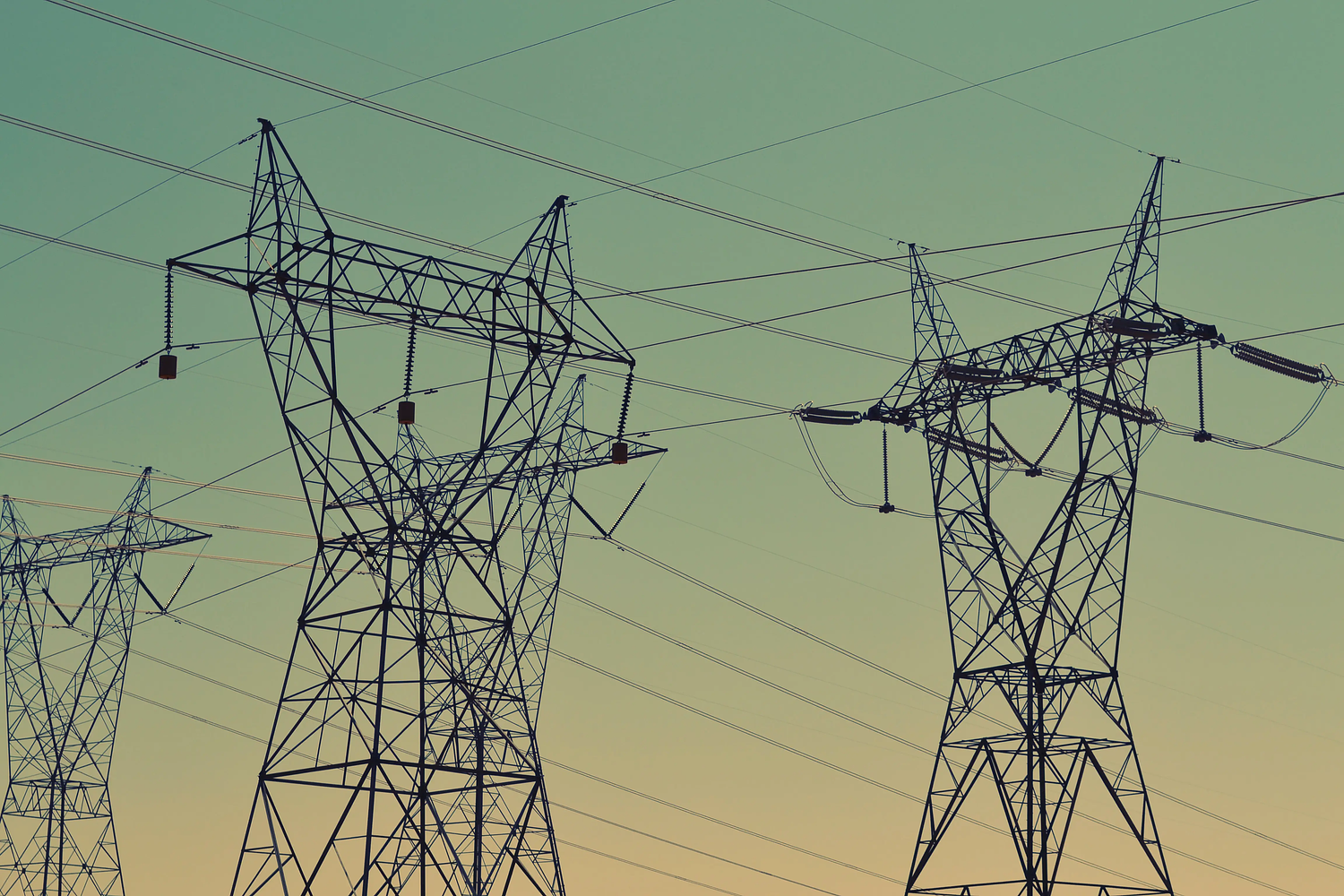Future Energy Sources: The Best Options to Keep Us Going After Fossil Fuels

Fossil fuels have been the main source of energy for entire history of human civilization. And they still are. But their supply is limited, which means that one day they will run out. When it happens, humanity will have to find new sources of energy. Fortunately, we already know what those new sources will be: renewable energy and other non-fossil fuel alternatives. The question is how soon we manage to transition from old to new energy sources, before the world runs out of oil, gas and coal. In this article you will learn about different future energy sources and where exactly we stand with their adoption today. Additionally, you’ll discover why there is a need for such a transition in the first place and what different pros and cons we could expect from various alternative energy sources.
The problems with current energy sources
Conventional energy sources, such as oil and coal, have been powering entire economies for more than a century. And they still are. But they do have their downsides. Pollution - First of all, they pollute the air. This is a major problem in both the short and long term: short-term pollution leads to smog, health issues and even death; long-term pollution leads to global warming, rising sea levels and other serious consequences. Emission - Fossil fuels also release greenhouse gases, such as CO2 and methane, which cause climate change. According to the Intergovernmental Panel on Climate Change, we have around 12 years to cap global warming at 1.5 degrees Celsius, after which it will be irreversible, and we will have to face the consequences for generations to come. Peak Oil - We’ve pretty much reached the highest output of the most popular conventional oil sources. This will lead to a shortage in supply, which means higher prices.
Renewable Energy: Sun, wind and more
Solar and wind energy have been used for a while now as alternative sources of energy. But they were never considered reliable enough to replace fossil fuels. With modern technology, we can finally harvest these resources on a large scale and with significantly better results than before. For example, solar panels can generate at least 10 times more energy than they did when they were first invented. With wind turbines, the ratio is 4 times more. The main challenge with renewable resources is that they are intermittent: the sun doesn’t always shine and the wind doesn’t always blow. This means that we have to store their energy somehow, so that we can use it when we need it.
Nuclear Power
Nuclear power has been around for decades, but has always been controversial due to safety concerns. But nowadays, with much safer and more efficient technologies, we can finally get past these issues and use nuclear energy to power entire nations. While the upfront investment is higher than with renewable sources, the fuel for nuclear power is free. You just have to build and run the plant. One thing to keep in mind here is that nuclear energy is not emission-free. It does produce harmful radioactive waste that has to be stored for thousands of years. Luckily, we have ways to do that without posing a threat to the environment and human health.
Fusion Power
Fusion power has long been the stuff of science fiction. It has been the ultimate goal for researchers working on developing alternative energy sources for decades. However, recent breakthroughs in the field have demonstrated that it is possible to harvest energy from fusion power. This means that we can finally move away from fossil fuels, towards a cleaner and more sustainable future. The issue is that it will take quite a while to build the first fusion plants. They are currently estimated to be built around the 2030s. But once they are up and running, they will be almost emission-free while producing more energy than they consume. Fusion power has always been the holy grail that would solve all of our problems. Now that it is finally here, let’s hope that we don’t make the same mistake we made with fossil fuels and keep it on the shelf until it’s too late.
Conclusion
Fossil fuels have powered entire civilizations, but they are extremely inefficient and harmful for the environment. Luckily, we know what the best alternatives are and we are quickly transitioning to them. There are many different future energy sources to choose from: solar power, wind energy, hydropower, geothermal energy, nuclear energy and, finally, fusion power. It will be up to humanity to decide which one or ones we want to go with.